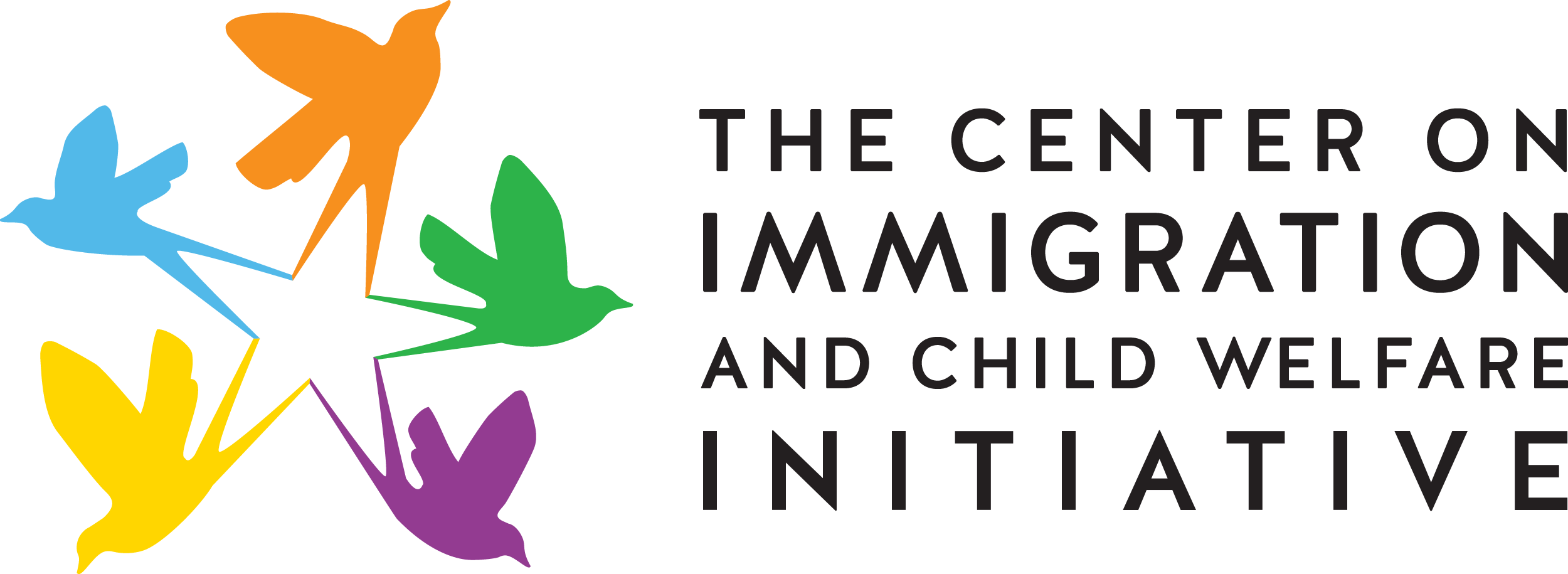Living in an Undocumented Immigrant Family Under the Second Trump Administration: Fear, Uncertainty, and Impacts on Health and Well-Being
Drishti Pillai, Isabelle Valdes, Alisha Rao, Samantha Artiga, Liz Hamel, and Shannon Schumacher; Kaiser Family Foundation (May 8, 2025)
This report shares findings from focus groups with undocumented Hispanic adults or adults living with an undocumented immigrant to provide insight into the experiences of these families amid the current environment.

